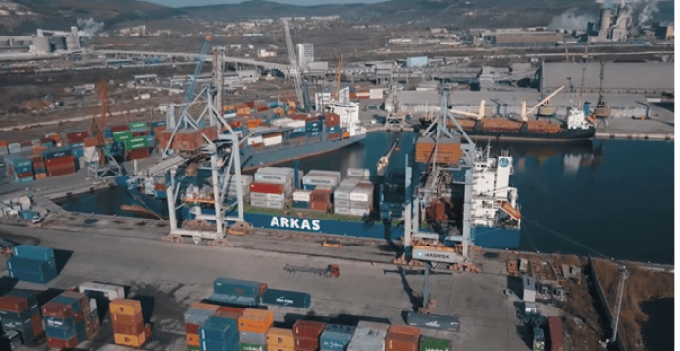Railfreight boxes in Russian Customs logjam being returned to China
Rail containers from China en route to Europe but held up in Russia, some for ...

A rapid and sustained increase in cargo volumes in Romania’s Black Sea port of Constanta has seen neighbouring Bulgaria prepare its facility in Varna for freight to and from war-torn Ukraine.
Transport and logistics consultancy Informall BG said Varna’s port and terminals, some 150km south of Constanta, were not currently congested and it had been told by some transport stakeholders Varna was a more reasonable option for Ukrainian exporters shipping cargo in ocean containers.
Daniil Melnychenko, data analyst at Informall BG, said: ...
Maersk u-turn as port congestion increases across Northern Europe
Apple logistics chief Gal Dayan quits to join forwarding group
Maersk Air Cargo sees volumes fall as it aims for 'margin in favour of revenue'
Airlines slash freighter capacity post-de minimis, but 'the worst is yet to come'
Houthis tell Trump they will end attacks on Red Sea shipping
Transpac rates hold firm as capacity is diverted to Asia-Europe lanes
MSC revamps east-west network as alliance strategies on blanking vary
India-Pakistan 'tit-for-tat' cargo ban sparks sudden supply chain shocks


Comment on this article